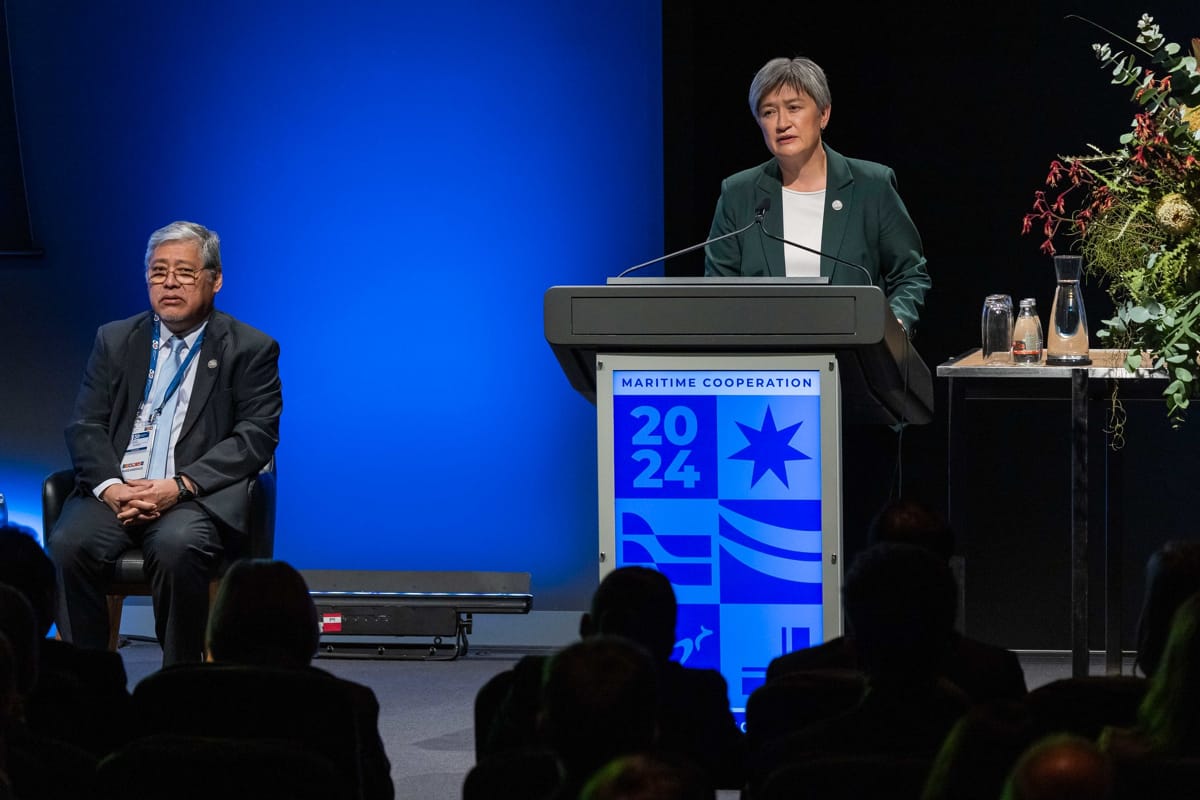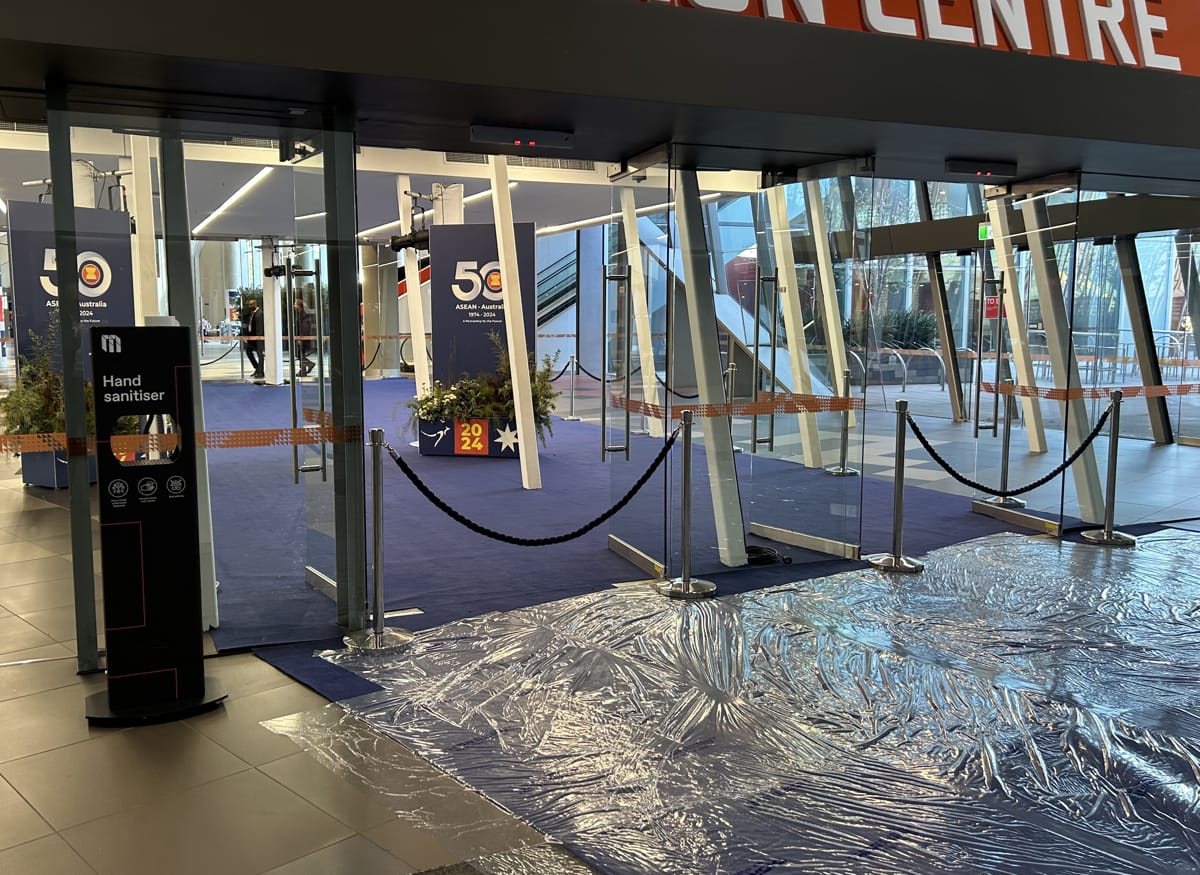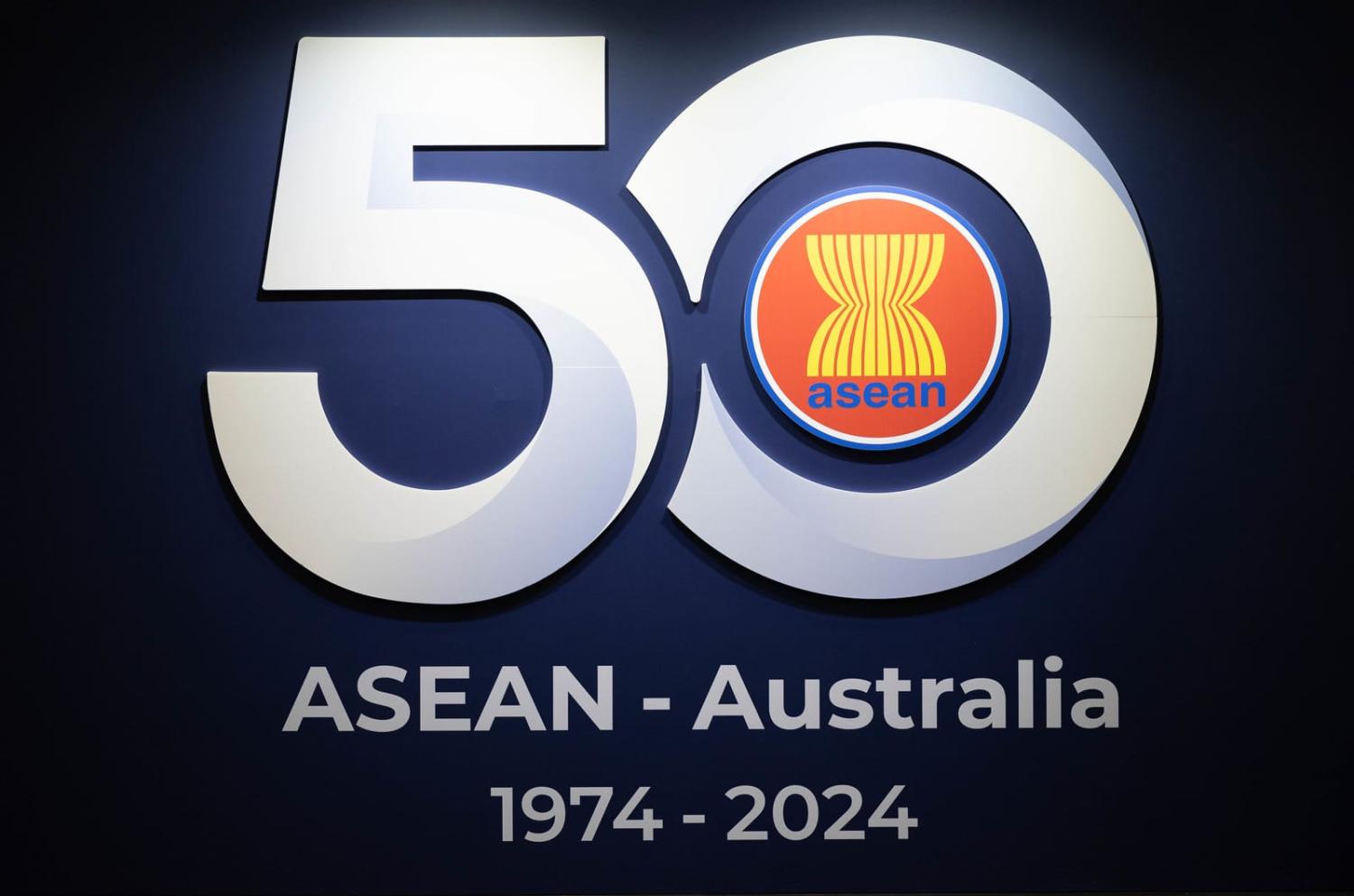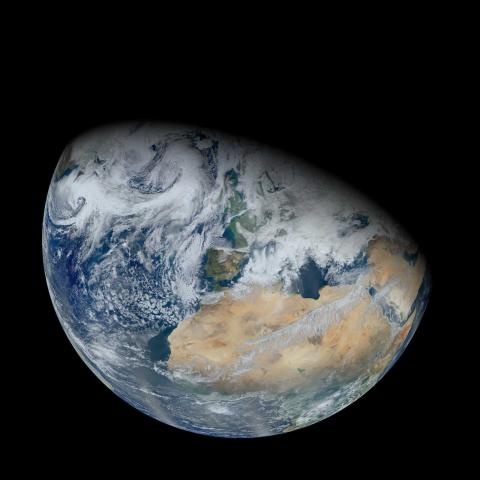Melbourne has rolled out a blue carpet, not red. It’s a fitting colour for the assembly of Southeast Asian leaders expected to march along and shake the hand of the host, Australia’s Anthony Albanese, as the ASEAN-Australia Special Summit gets under way.
After all, bright red might invoke the flag of China’s Communist Party. And China, although not invited to this three-day ASEAN-Australia jamboree, has enough presence already.
“If they have a problem with China, they should not impose it on us,” said Malaysia’s Prime Minister Anwar Ibrahim on Monday afternoon, quizzed about great-power rivalries in the region during a joint press conference with Albanese.
Malaysia, Anwar said, was a “fiercely independent nation”, and should not be precluded from enjoying friendly relations with Australia, the United States and China at the same time.
Finding such equanimity in ties would very much the “ASEAN Way”. Malaysia will take its turn as ASEAN chair next year, and “consensus” and “cooperation” are terms that float through the air around these kinds of forums. But in other places at the summit venue, a weightier concern about the challenges could be detected.
“The stakes are clear,” Foreign Minister Penny Wong told an assembled group of delegates for a seminar on maritime security. “We know that a major conflict in our region would be devastating to our communities and economies.”
Wong stressed the importance of “regular dialogue” between the United States and China. And she made a point to acknowledge her counterpart from the Philippines sitting in the room, a country that presently has the sharpest of all the territorial disputes in the South China Sea sparked by China’s expansive “nine-dash line” claim.
Australia’s message was a familiar one, a call for respecting rules and law, “where no country dominates, and no country is dominated”.

Curiously, Wong added an extra warning, that “the region’s character [is] under challenge”.
She meant its peaceful character, and quoted a mention of such by Philippines President Ferdinand “Bongbong” Marcos last week in a speech to the Australian parliament. But Marcos himself is an example that reflects a different and rather uncomfortable character trait of the region.
Three sons of past leaders are presently in charge of an ASEAN country. Marcos’ father was the long-serving dictator eventually thrown from power in democratic uprisings in the 1980s. Singapore’s Lee Hsien Loong is the eldest child of Singapore’s founding PM Lee Kuan Yew. And then there is Cambodia’s Hun Manet, son of Hun Sen, who stepped aside last year after ruling Cambodia since 1985.
All three countries are ostensibly democracies, although each wears complaints about curbs on voter freedoms.
Meantime in Indonesia, following its election last month, the son of the current president will take over later this year as vice-president. And don't forget the Sultan of Brunei, the world’s longest serving ruler.
Australia is right to see Southeast Asia as “a partnership for the future”, as the summit slogan promises. Wong pledged significant money, $222.5 million, in support of the Mekong, the region’s most significant river system. Albanese and Anwar promised enhanced university cooperation, which is crucial for regional relations. More MoUs and announcements can be expected during the conference and beyond, with Vietnam’s leader a guest of Australia following the summit.
All this can be expected to fill in the outlines of the Southeast Asia economic strategy released last year by the government, known as the Moore report.
Yet it also seems reasonable to suspect that a mismatch of values underpins the longstanding complaint that Australia’s ties with Southeast Asia remain underdone. The political differences may not preclude close relations or enhanced economic links, but the professed warmth can feel a little off-colour.


